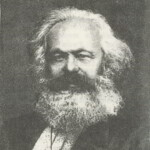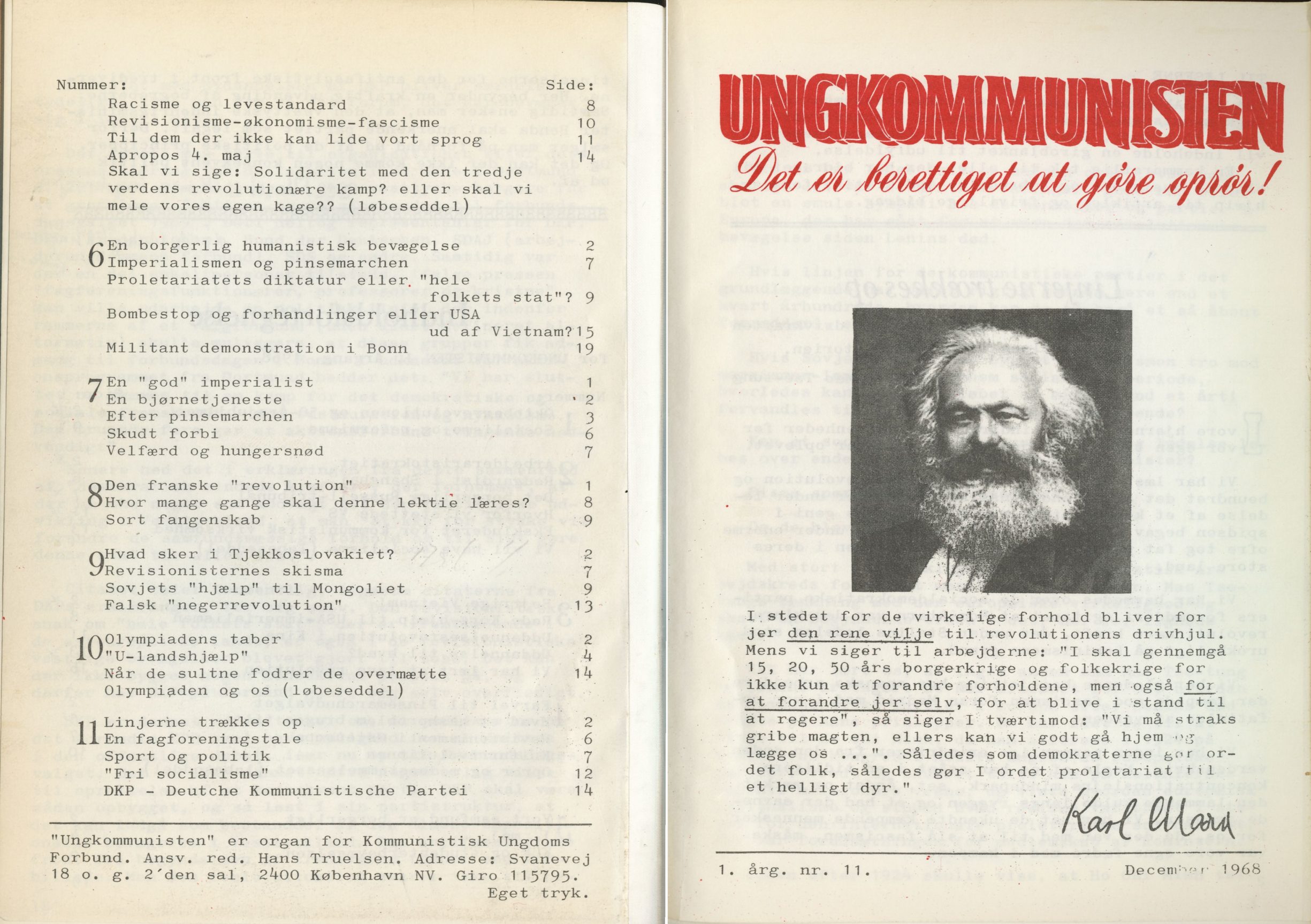About the text:
From: On Colonies, Industrial Monopoly and Working Class Movement, Futura, 1972, 57 p., p. 11.
(Extract)
First published in Brussels in June 1847.
… What is, actually, collective wealth, public fortune? It is the wealth of the bourgeoisie – not that of each bourgeois in particular. Well, the economists have done nothing but show how, in the existing relations of production, the wealth of the bourgeoisie has grown and must increase still further. As for the working classes, it still remains a very debatable question as to whether their condition has improved as a result of the increase in so-called public wealth. If economists, in support of their optimism, cite the example of the English workers employed in the cotton industry, they see the condition of the latter only in the rare moments of trade prosperity. These moments of prosperity are, to the periods of crisis and stagnation, in the “true proportion” of 3 to 10. But perhaps also, in speaking of improvement, the economists were thinking of the millions of workers who had to perish in the East Indies so as to procure for the million and a half workers employed in England in the same industry, three years’ prosperity out of ten. …
—–
Karl Marx: The Poverty of Philosophy, p.85.
Martin Lawrence Limited, London 1937.
The complete text can be found online at Marxist Internet Archive, MIA.



























